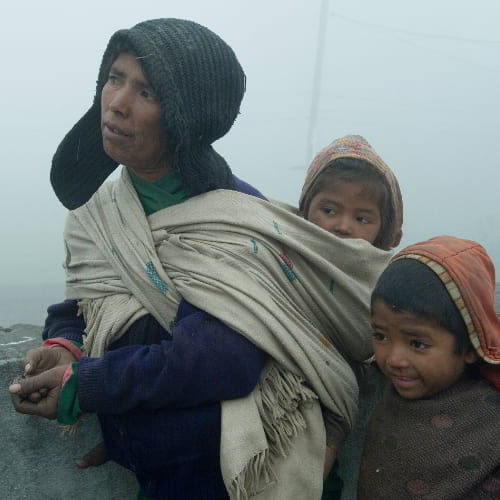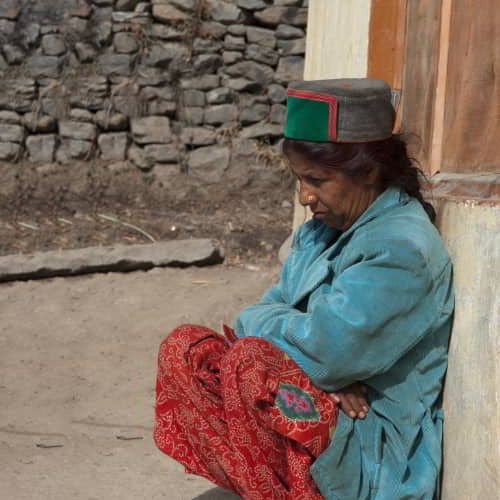The Paradox of Cold-Related Deaths: Delving into the Silent Menace
If the predominance of cold- over heat-related deaths seems counterintuitive, it’s helpful to consider how cold temperatures affect the human body. The impact of cold weather on mortality rates during winter months is well established. In recent years, the United States has experienced a higher death rate of 8 to 12 percent more during winter compared to non-winter months. This increase can be attributed, in part, to the proliferation of respiratory diseases in colder weather. Additionally, pre-existing respiratory and cardiovascular conditions are aggravated by the drop in temperatures.[1] Our bodies, in general, tend to react negatively to the cold, leading to decreased blood circulation and an increased risk of heart attacks.[2]
Populations that are already vulnerable suffer the worst impact, including infants, the elderly, and the infirm. Moreover, individuals who spend a significant amount of time outdoors are also susceptible to cold-related maladies or death. This includes agricultural workers, construction workers, electrical and pipeline utility workers, and those without permanent homes.[3] Notably, people finding themselves in cold water are especially at risk, as the body loses heat 25 times faster in water than in the air.[4]
Cold-related deaths often occur in weather that may not be considered extreme. Surprisingly, even 50-degree temperatures (F) can push vulnerable individuals into a life-threatening crisis. To understand this, we must consider a human’s normal core temperature of 98.6 degrees Fahrenheit (37 degrees Celsius). When the core temperature drops just a few degrees, reaching 95 F (35 C), hypothermia can result. This critical threshold highlights the broad geographical distribution of cold-related deaths, which can happen anywhere when the weather becomes even moderately cold. In contrast, heat-related deaths primarily occur during severe heat waves, which are infrequent.[5] Our bodies are seemingly designed to cope reasonably well with hot weather, but not with cold.
Click here, to read more about this article.
Click here, to read more blogs in Gospel for Asia.Net


Comments
Post a Comment